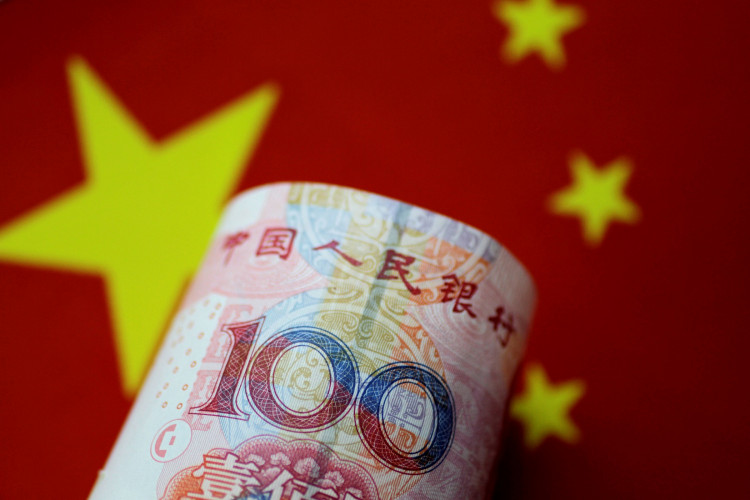In an interview published on Thursday, Beijing's envoy to Moscow said that the Chinese and Russian central banks will bring up the use and promotion of their respective national payment systems for both countries.
Mir and UnionPay are among the few options for Russians to make international payments since Russian banks were cut off from the global financial system in response to what Moscow refers to as its "special military operation" in Ukraine.
Visa and MasterCard are just two of the many Western corporations that have ceased operations in Russia.
China will use a clearing bank for yuan operations on Russian soil, according to the ambassador, to ensure the long-term growth of national trade, which Russia expects to reach $200 billion by 2024.
He also stated that China and Russia were not advocating for the rejection of the U.S. dollar and euro trade settlements.
China has turned down to condemn Russia's actions in Ukraine and has slammed the unprecedented Western sanctions imposed on Moscow. In recent years, the two countries have strengthened their ties, including the announcement of a "no limits" partnership in February.
For decades, Russia has been China's primary arms supplier. The delivery of S-400 air defense systems and Su-35 fighter jets to improve Beijing's ability to attack US warships has been a key building block of Russian-Chinese cooperation since 2019.[13] In addition, Russia and China have been jointly developing China's missile defense early warning system since 2019.
Russian scientists work for Huawei, a Chinese technology and telecommunications company. China's advanced computer chips provide another avenue for Russia to obtain military technology while avoiding Western sanctions.
Other areas of cooperation have been investigated, such as joint satellite development and the construction of a future lunar station. Due to the growing great power competition in space, cooperation in the area of space or new technologies of the 4IR is particularly problematic from the perspective of Western countries.
China and Russia have also reached an amicable settlement of their long-standing border claims and demilitarized their shared border. As a result, neither territorial claims nor border conflicts should have a long-term impact on bilateral relations.
Even though both are involved in territorial disputes with third countries, they avoid confrontation.
The primary objective of demonstrating a credible counterweight to U.S. world influence is not the only common denominator. It is also about establishing significant Eurasian connectivity in response to the U.S.' maritime dominance in the Indo-Pacific region, as well as ensuring supply security in the event of future sea lane blockages.






